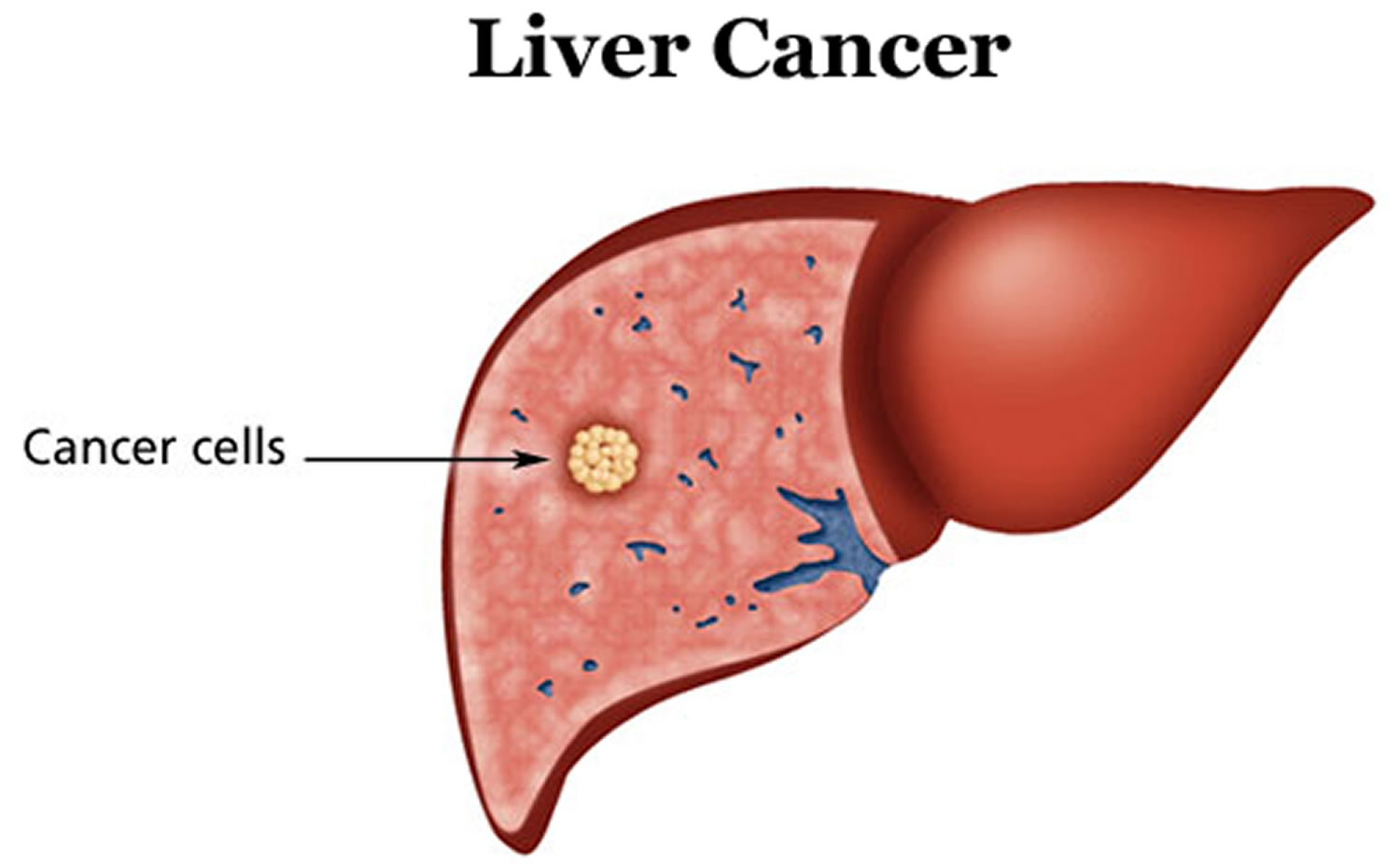Self-deprecating humor is a delightful form of comedy that allows individuals to embrace their flaws and imperfections with a lighthearted touch. This type of humor not only contributes to the importance of laughter but also serves as a valuable tool for improving mental health. By taking yourself less seriously through self-deprecating humor, you create a welcoming atmosphere that encourages connection and understanding amongst peers. Additionally, understanding how to use humor effectively can promote various health benefits, creating a sense of relief from the pressures of life. In a world that often feels overwhelming, learning to laugh at oneself may be one of the most vital aspects of maintaining balance and perspective.
A lighter way to approach life’s challenges can be found in the practice of playful self-mockery, where individuals highlight their own quirks and blunders for comedic effect. This artful form of humor engenders a sense of camaraderie, as it emphasizes common human experiences that many can relate to. Moreover, engaging in this style of humor can bolster your mental resilience by fostering a joyful outlook and reinforcing the value of laughter in personal interactions. Being able to poke fun at oneself not only diminishes the weight of self-criticism but also invites others to join in the laughter, creating a shared moment of relief. Ultimately, using humor to navigate our own shortcomings becomes a powerful practice for psychological well-being.
The Health Benefits of Humor: Why Laughter is the Best Medicine
Laughter has been scientifically proven to have numerous health benefits, impacting both our physical and mental well-being. The simple act of laughing triggers the release of endorphins, our body’s natural feel-good chemicals, which can improve mood and reduce stress. Furthermore, humor can help alleviate pain by reducing the perception of discomfort and promoting relaxation. Whether it’s through comedy shows or sharing jokes with friends, making laughter a regular part of our lives can significantly contribute to better health outcomes.
In addition to its direct health benefits, humor plays a crucial role in social interactions. It can act as a social glue that brings people together and fosters deeper connections. Engaging in light-hearted banter can improve relationships, promote social bonding, and even enhance teamwork among colleagues. Moreover, when humor is involved in our conversations, it creates an inviting atmosphere, enabling open discussions about difficult or awkward topics, ultimately benefiting our mental health and overall emotional resilience.
Mastering the Art of Self-Deprecating Humor
Self-deprecating humor is a unique yet effective way to relate to others while also managing the weight of self-criticism. When used appropriately, it showcases humility and fosters an environment of relatability, as it highlights our shared human experiences. Individuals who employ self-deprecating humor often come across as approachable and honest, which can draw people closer and foster stronger connections. For instance, when I share my own parenting blunders with a light-hearted twist, it immediately brings a sense of camaraderie among fellow parents, allowing us to laugh off the pressures that come with raising children.
However, it is crucial to differentiate healthy self-deprecation from harmful self-criticism. While humor can lighten the mood, too much self-deprecation can signal low self-esteem or an unhealthy coping mechanism. It’s essential to balance vulnerability with confidence, ensuring that our jokes serve to connect, not isolate. By embracing our imperfections and sharing them with humor, we take a powerful step towards self-acceptance and mental wellness, reminding ourselves that it’s okay to be flawed and that we all have a laughable side.
The Importance of Laughter in Mental Health
Laughter is not just a response to humor; it also acts as a vital tool for enhancing mental health. Engaging in laughter can disrupt cycles of negativity and anxiety, providing temporary escapes from stressors. Clinical psychologists often integrate humor into therapy sessions, as it allows patients to explore painful topics with a sense of lightness. This not only creates a safe space for vulnerability but also aids in emotional regulation, making challenging discussions easier to navigate.
Moreover, laughter reduces stress hormones and boosts our immune systems, which can transform our overall mental well-being. The importance of laughter extends beyond personal health; it cultivates resilience and encourages a positive outlook, making challenges seem less daunting. By actively seeking out humor in our daily lives, we can combat feelings of depression and anxiety, reminding ourselves that laughter is indeed one of the best remedies.
Taking Yourself Less Seriously: The Path to Personal Freedom
Taking yourself less seriously can lead to a more liberated life filled with joy and connection. When we allow ourselves to find humor in our daily blunders, we not only defuse tense situations but also allow others to feel comfortable around us. This openness fosters stronger relationships, as people are naturally drawn to those who exude authenticity and relatability. By embracing our quirks and imperfections, we send a powerful message to ourselves and others: it’s okay to be human.
Furthermore, letting go of the need to be perfect opens doors to creativity and spontaneity. When we stop worrying about judgment and critique, we enable ourselves to explore new ideas and experiences, enriching our lives. This shift in perspective encourages a lighter approach to challenges, making it easier to navigate difficulties with grace and humor rather than dread. Ultimately, taking ourselves less seriously is not about diminishing our worth; rather, it’s about celebrating our humanity and all the joyous imperfections that come with it.
The Cultural Dimensions of Humor and Self-Deprecation
Humor’s role varies notably across cultures, especially when it comes to self-deprecating versus collective jokes. In individualistic cultures, self-deprecating humor is often embraced as a means of connection, promoting relatability and humility. This approach signals to others that we are willing to be vulnerable, fostering trust and camaraderie. Conversely, in collectivist cultures, humor might manifest in more communal forms, where making fun of others is a way to strengthen group bonds, reminiscent of friendly sibling rivalries.
Understanding these cultural nuances can guide us in navigating social interactions with sensitivity and insight. While self-deprecating humor can foster relatable relationships in some contexts, actively making fun of others might be perceived positively in other settings. Recognizing these differences enhances our ability to use humor effectively without causing unintentional offense. Ultimately, humor, in all its forms, offers us powerful tools for connection and understanding across diverse cultural spheres.
Using Humor to Defuse Tension in Difficult Conversations
In moments of conflict or tension, humor can serve as an invaluable tool to ease discomfort and facilitate open dialogue. When two people disagree, introducing humor can shift the atmosphere from confrontational to collaborative. This not only helps break the ice but also encourages individuals to step back and reflect on the situation more objectively. Laughing together about the absurdity of a situation can pave the way for a more productive conversation, demonstrating that while disagreements exist, they don’t have to dominate our interactions.
However, deploying humor in tense discussions requires a delicate balance. Timing and appropriateness are crucial; poorly timed jokes might exacerbate conflict rather than alleviate it. Therefore, it is essential to remain attuned to the emotions of those involved and exercise enough self-awareness to gauge the right moment for humor. When executed thoughtfully, laughter can act as a bridge for understanding, reducing defensiveness and fostering a spirit of collaboration and empathy.
The Science Behind Laughter: Unpacking Its Psychological Benefits
Recent research indicates that laughter not only promotes joy but also leads to cognitive and emotional benefits. Psychologically, laughter activates various areas of the brain, enhancing mood and providing a sense of relief and comfort. This boost in mental clarity can lead to better decision-making, improved problem-solving skills, and overall increased creativity. Moreover, the physiological effects of laughter—such as calming the nervous system and triggering an endorphin release—further solidify its importance in maintaining good mental health.
Furthermore, laughter strengthens social bonds, improving our ability to empathize with others. By sharing moments of joy, we reinforce connections and create a supportive community that emphasizes shared experiences. Engaging in laughter during difficult times can foster resilience, providing an emotional buffer against stress. Hence, understanding laughter’s psychological significance highlights the necessity of incorporating humor into daily life as a strategy for enhancing mental well-being and fostering community connections.
Finding Joy in Life: The Importance of Humor and Laughter
Life’s challenges can often weigh heavily on us, making it essential to seek joy through humor and laughter. Integrating humor into our daily lives not only makes our experiences more enjoyable but also provides a buffer against stress and adversity. Finding laughter in mundane situations encourages a mindset of gratitude and positivity, reminding us of the lighter side of life. Whether it’s sharing jokes with friends or enjoying a funny movie, humor enriches our daily existence, making the difficult times feel more manageable.
Moreover, the act of seeking joy through laughter cultivates emotional resilience, allowing us to bounce back from life’s difficulties. When we engage with the humorous aspects of our experiences, it promotes a healthier outlook on challenges, reducing anxiety and encouraging constructive coping strategies. Embracing humor nurtures our emotional well-being, reminding us that while life may present obstacles, we have the power to choose joy and laughter as our companions through every twist and turn.
Frequently Asked Questions
What are the health benefits of self-deprecating humor?
Self-deprecating humor can significantly improve mental health by lightening the mood and reducing anxiety. When you use humor to poke fun at yourself, it can make challenging situations feel less overwhelming. This type of humor promotes a healthier perception of self, allows for emotional regulation, and fosters connection with others, as it signals honesty and humility.
How can self-deprecating humor help you take yourself less seriously?
Using self-deprecating humor encourages you to view yourself and your circumstances with a lighter perspective. It helps to acknowledge flaws without harsh criticism, fostering resilience. By taking moments to laugh at oneself, you not only relieve stress but also create a space for deeper human connections, enhancing your social interactions.
Can self-deprecating humor contribute to better mental health?
Absolutely! Integrating self-deprecating humor into your life can lead to improved mental health by providing relief from negative thoughts and fostering a sense of belonging. It invites laughter into potentially stressful situations, reduces feelings of isolation, and enables more honest interactions with others, all of which are beneficial for mental well-being.
What’s the difference between self-deprecating humor and self-criticism?
Self-deprecating humor is a light-hearted way to acknowledge one’s flaws without malice, whereas self-criticism often involves harsh judgment that can harm self-esteem. The former builds connection and relatability, while the latter can perpetuate negative feelings. It’s important to focus on humor that is self-aware and not self-destructive.
How does laughter relate to self-acceptance in self-deprecating humor?
Laughter stemming from self-deprecating humor promotes self-acceptance by allowing individuals to embrace their imperfections. It signals a recognition of one’s flaws without shame, fostering a healthier self-image and encouraging others to do the same. This can facilitate personal growth and improve social dynamics through shared laughter.
Is self-deprecating humor more popular in some cultures than others?
Yes, self-deprecating humor tends to be more prevalent in individualistic cultures, where relatability and vulnerability are valued. Such humor enables people to connect over shared struggles, contrasting with collectivist cultures that often use humor to bond through friendly teasing. Understanding these cultural differences can enhance our awareness of humor’s role in social settings.
What role does self-deprecating humor play in emotional regulation?
Self-deprecating humor acts as a tool for emotional regulation by diffusing tension and allowing individuals to confront uncomfortable feelings in a lighter manner. This type of humor helps to cultivate perspective, making it easier to navigate challenging emotions and promote mental clarity, thus improving emotional resilience.
How can I learn to practice self-deprecating humor effectively?
To practice effective self-deprecating humor, start by being mindful of your thoughts and language. Aim for light-hearted observations about yourself that don’t evoke negative feelings. It’s about finding balance—use humor to highlight human imperfections without self-judgment, and watch how it can enhance both your self-view and your interactions with others.
| Key Points |
|---|
| Self-deprecating humor helps in treating depression and anxiety by fostering connection and facilitating emotional regulation. |
| It promotes humility and self-awareness, showcasing openness and vulnerability while maintaining self-confidence. |
| Overusing self-deprecating humor can lead to negative attention-seeking and might reflect low self-esteem or hurt. |
| Cultural differences influence humor styles; self-deprecation is common in individualistic cultures while collectivist cultures joke at others. |
| Taking oneself less seriously can restore balance and improve connections with others, even amid disagreements. |
Summary
If I took myself any less seriously, I’d be looking for a place to find a good therapist… oh wait, I already found one! In the modern world where we’re constantly bombarded with perfection, the advice to take ourselves less seriously is a refreshing reminder that it’s totally acceptable to embrace our quirks and laugh at our blunders. Self-deprecating humor can heal, connect, and lighten our burdens, allowing us to get through life’s absurdities and build bridges with others. So let’s wear our flaws like badges of honor and share a laugh; after all, if we can’t laugh at ourselves, we should probably hire someone who can!



